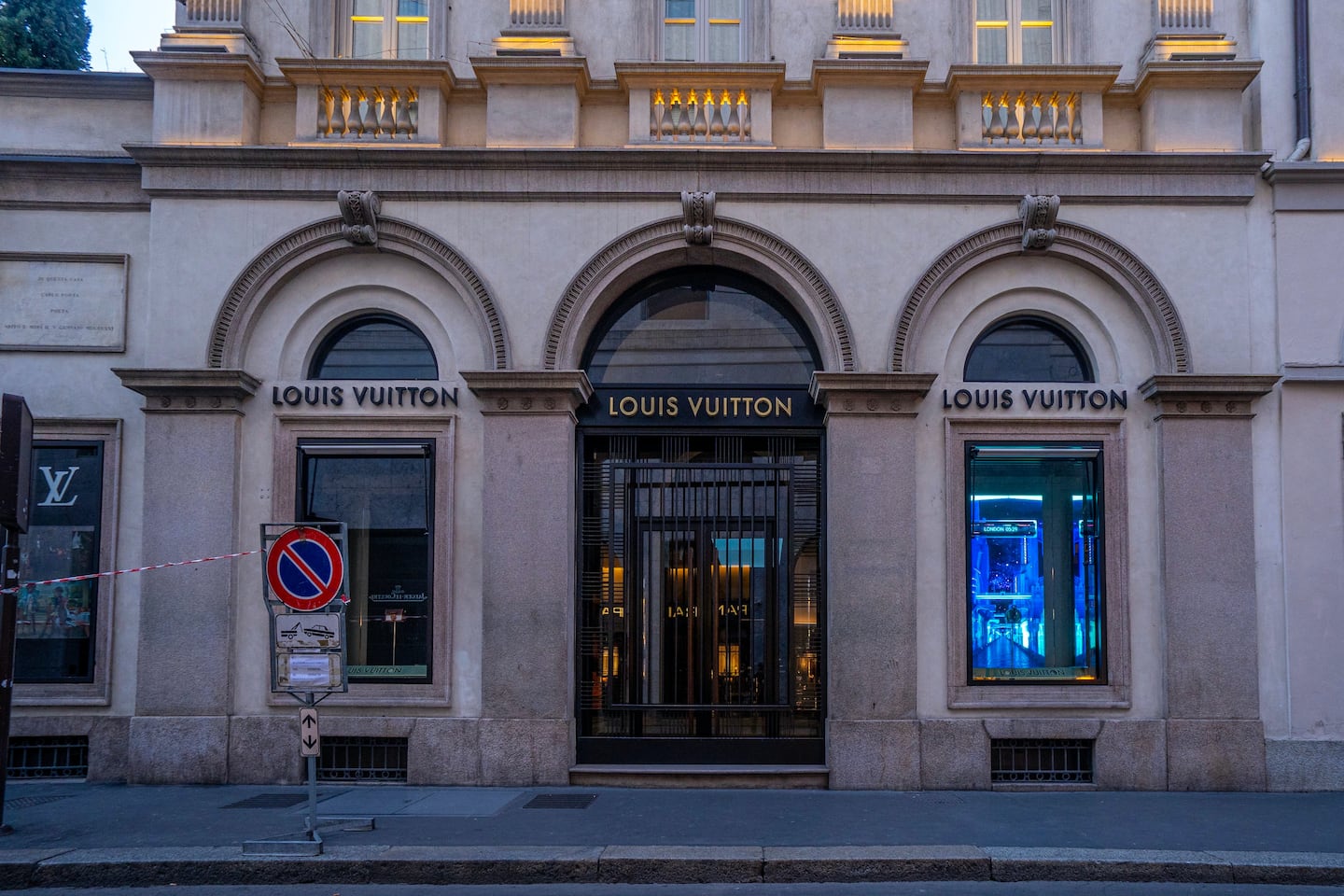
The Business of Fashion
Agenda-setting intelligence, analysis and advice for the global fashion community.

Agenda-setting intelligence, analysis and advice for the global fashion community.

LONDON, United Kingdom — As global coronavirus cases continue to grow, luxury brands are readying themselves for the worst.
Two weeks after the end of mainland China's state-mandated extended Lunar New Year "holiday," new cases of COVID-19 have skyrocketed in countries like Iran, South Korea and Italy, where at least six people have died and over 230 have tested positive. Stock markets plunged worldwide as the Italian government imposed lockdowns on 10 towns and cut short public events, including the Carnival of Venice. At Milan Fashion Week, Giorgio Armani streamed the brand's runway show from an empty venue.
The coronavirus could be a black swan for an industry that, for years, has remained impervious to macroeconomic and political volatility and reliant on mainland China for the bulk of its growth.
A new report by Altagamma, BCG and Bernstein predicts that even the most nimble brands could be staring down the barrel of a €10 billion decline in luxury sales this year (around $10.8 billion at current exchange rates). The industry could lose €30-40 billion in sales this year as the sector's value drops to €309 billion (around $335 billion), a five-year low.
ADVERTISEMENT
Meanwhile, challenging trading conditions could persist until next year as Chinese consumers — who since 2012 have driven 70 percent of global growth in the luxury segment — stay at home, and a slowdown is mirrored in major luxury markets like Japan.
"The longer the outbreak lasts, the more problematic and longer it will take for brands to recover," said Mario Ortelli, managing partner of luxury advisors Ortelli & Co. Companies have halted store openings and shifted spending from events to digital marketing, but structural changes have yet to take shape. While some luxury brands have reopened stores in mainland China, many points of sale are still closed or limiting opening hours.
The longer the outbreak lasts, the more problematic and longer it will take for brands to recover.
Ortelli predicted that the first quarter of 2020 will be one of the luxury industry’s worst in years, though some brands will be more exposed to risks than others.
"Take Louis Vuitton and Burberry — both are very reliant on Chinese consumers," said Ortelli. "Louis Vuitton focuses on leather goods and Burberry on ready-to-wear. If you lose a quarter it's easier for Louis Vuitton to pick up as you'll see the postponement of a purchase, whereas ready-to-wear brands lose a whole season." The likes of LVMH, Burberry, Kering and Moncler have already warned of a steep decline in Chinese shopping.
The epidemic has disrupted travel in and out of mainland China and resulted in the imposition of travel bans in the likes of Singapore to Australia. On February 23, Turkey, Pakistan and Armenia closed their borders with Iran. In Europe, a train and bus were stopped in Austria and Lyon respectively on suspicion that travellers were showing virus symptoms.
As a result, retail outlets in airports and tourist hot spots are seeing a severe slowdown that will worsen as other countries impose restrictions. "Travel retail could easily diminish by half," said Ortelli. "We're facing travel paralysis — I've heard many brands saying numbers are falling off a cliff."
Cancellations in Milan could produce a knock-on effect for Paris Fashion Week festivities running from February 24 to March 3. Shiseido-owned Clé de Peau Beauté cancelled its event in Paris, which was scheduled for February 25. Show cancellations could follow.
“Tonight there is no epidemic in France,” French Health Minister Olivier Veran told reporters on February 23. Veran is scheduled to discuss the situation with fellow European health ministers this week. “But there is a problematic situation at the door, in Italy, that we are watching with great attention.”
Related Articles:
[ Everything Fashion Brands Need to Know About the CoronavirusOpens in new window ]
This week’s round-up of global markets fashion business news also features Korean shopping app Ably, Kenya’s second-hand clothing trade and the EU’s bid to curb forced labour in Chinese cotton.
From Viviano Sue to Soshi Otsuki, a new generation of Tokyo-based designers are preparing to make their international breakthrough.
This week’s round-up of global markets fashion business news also features Latin American mall giants, Nigerian craft entrepreneurs and the mixed picture of China’s luxury market.
Resourceful leaders are turning to creative contingency plans in the face of a national energy crisis, crumbling infrastructure, economic stagnation and social unrest.